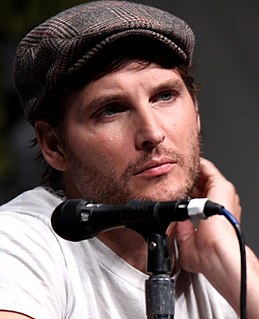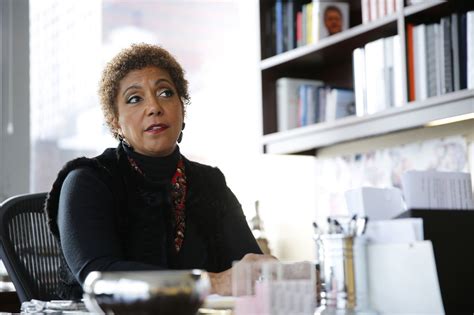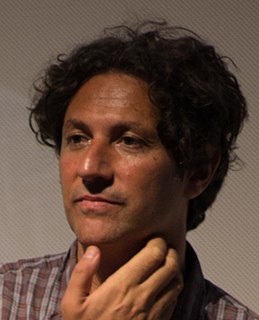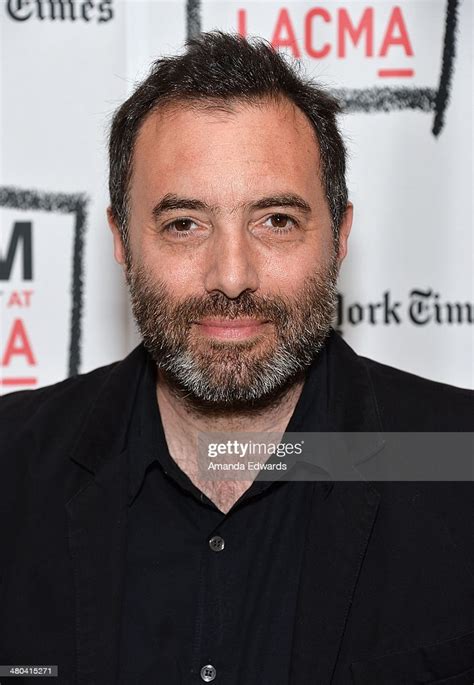A Quote by George Clooney
The last real movie stars were probably Redford and Newman. And things were different then. There wasn't this amazing amount of magazines and information about them.
Related Quotes
The magazines were born out of a need that my parents saw: that there were no magazines that really spoke to black people. 'Ebony' wrote about architects and artists, the share cropper who sent his nine kids to college, real African Americans at a time when everyone else only covered them as entertainers and athletes.
I never looked at magazines before I started modeling. I was 13 or 14 and none of my friends were into magazines. We were into the fashion of the day, though. Designer jeans were really popular - Sasson, Gloria Vanderbilt, Calvin Klein, Jordache. Once I started modeling, I began to learn about these things, and magazines helped me to understand who was who.
I was the last one of nine kids - eight girls and me last - and my sisters were going out. They were teenagers. And as they were getting ready, I would sit on the bathtub and watch them put on makeup and transform themselves - you know, putting on clothes and giggling about the boys they were going to meet and everything. So for me, that was an amazing thing - the fact of transforming themselves.
All men have the stars," he answered, "but they are not the same things for different people. For some, who are travellers, the stars are guides. For others they are no more than little lights in the sky. For others, who are scholars, they are problems. For my businessman they were wealth. But all the stars are silent. You--you alone--will have the stars as no one else has them--
One of the things that is nice about these old pastors - they were young at the time - who went into the Middle West is that they were real humanists. They were often linguists, for example, and the schools that they established were then, as they are now, real liberal arts colleges where people studied the humanities in a very broad sense. I think that should be reflected in his mind; appropriately, it is.
Where did all the women come from? The supply was endless. Each one of them was individual, different. Their pussies were different, their kisses were different, their breasts were different, but no man could drink them all, there were too many of them, crossing their legs, driving men mad. What a feast!
I think that's something that always enticed me about the '40s - back then, the glamour and the style - you couldn't really make it up. You just were or you weren't. You either fit in that world or you fit in the other. Things were very cut and dry. Things were simple. There wasn't a whole lot of excess or flash to be flashy; it was real flash, and real excitement.




































